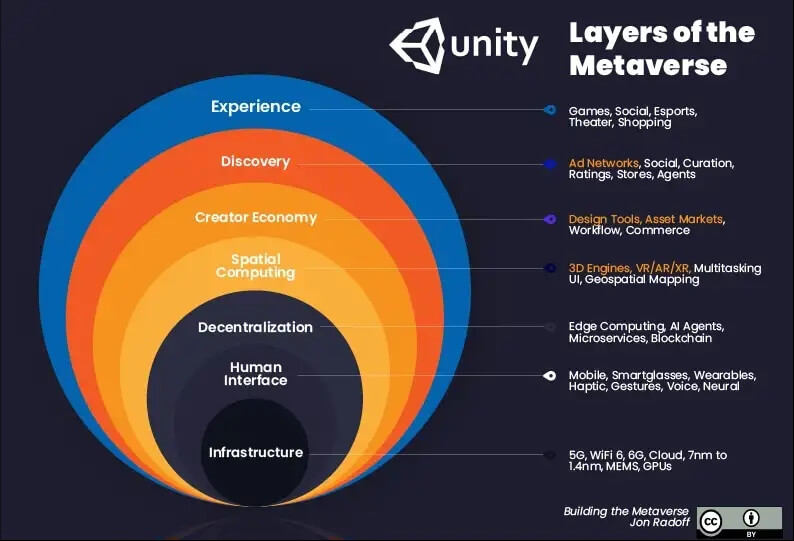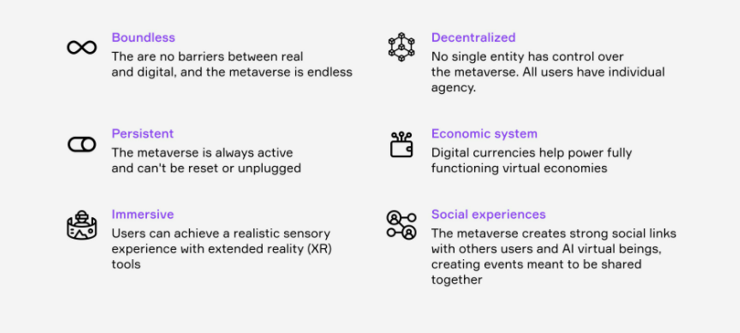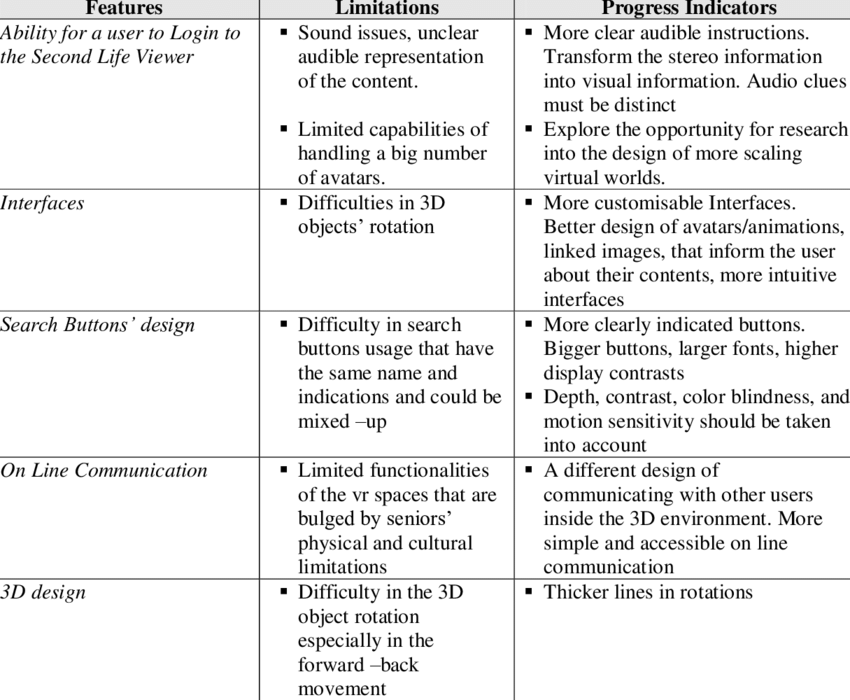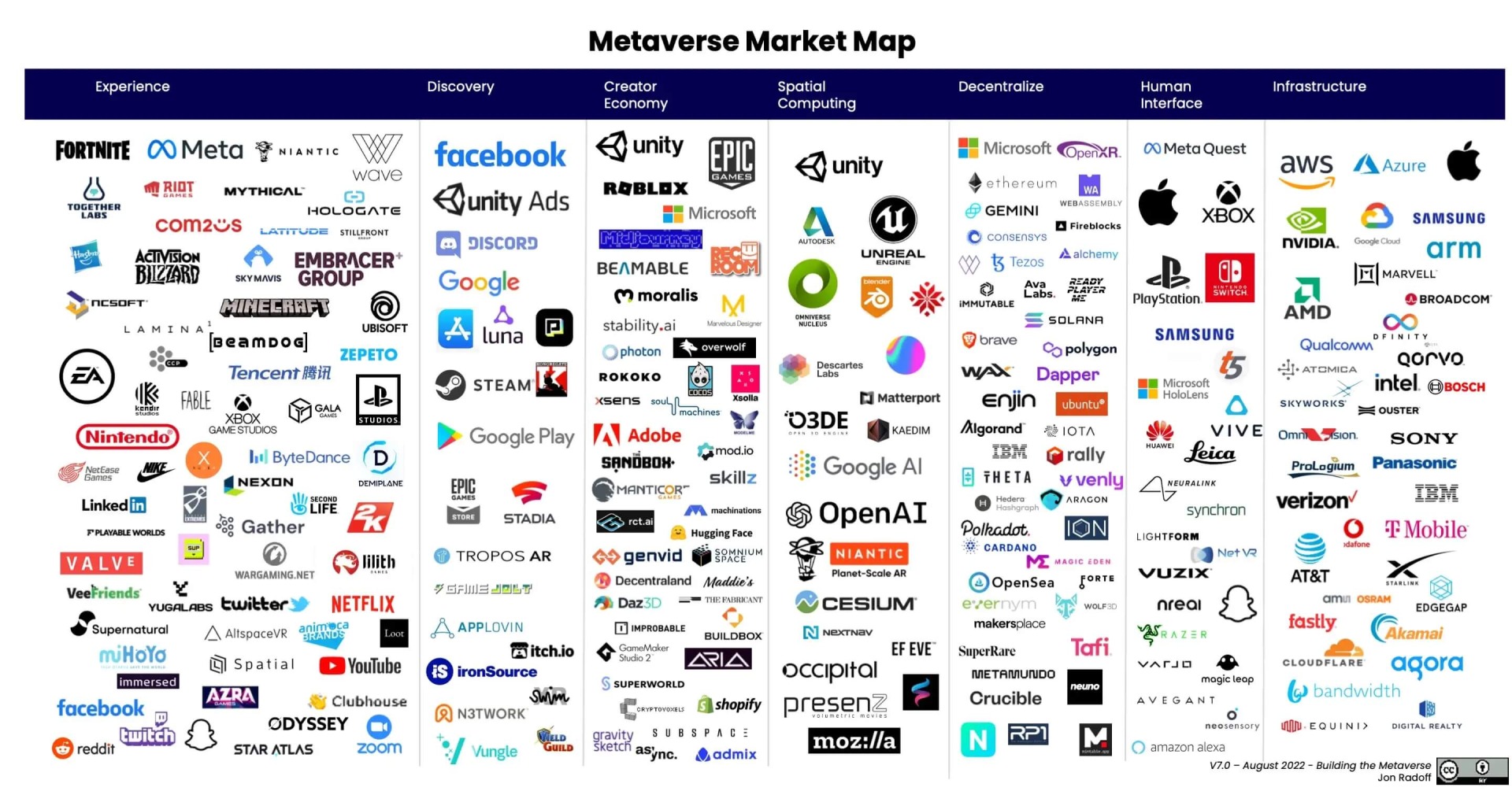Comments
- No comments found

The metaverse is a space where people can interact with each other and a variety of digital media in a shared virtual space.

The Metaverse is a collective virtual shared space, created by the convergence of virtually enhanced physical reality and physically persistent virtual space, including the sum of all virtual worlds, augmented reality, and the internet. The metaverse concept has since been adopted and expanded upon by a variety of people, including game designers, futurists, and technology experts, to describe a wide range of potential virtual worlds and shared spaces.
In recent years, the concept of the metaverse has gained wider recognition and attention due to the growing popularity of virtual reality, augmented reality, and other immersive technologies, as well as the increasing use of digital platforms for communication and social interaction. Some companies that are actively working on developing technologies and platforms related to the metaverse include Epic Games (the creators of the game Fortnite), Magic Leap, and Niantic (the creators of the mobile game Pokémon Go). However, it is important to note that the concept of the metaverse is still very much in the early stages of development, and it remains to be seen which companies or organizations will ultimately play a major role in shaping its evolution.

The concept of the metaverse was first introduced in the science fiction novel Snow Crash by Neal Stephenson in 1992. In the novel, the metaverse is described as a virtual reality space where people can interact with each other and a variety of digital media. The term has since been adopted and expanded upon by a variety of people, including game designers, futurists, and technology experts, to describe a wide range of potential virtual worlds and shared spaces. It is not accurate to say that any one person or group created the metaverse, as it is an evolving concept that has been shaped by the contributions of many different individuals and organizations.

There are many potential benefits to the development of the metaverse, including:
Improved communication and socialization: The metaverse could provide a platform for people to connect and interact with each other in a more immersive and engaging way, regardless of their physical location.
Enhanced education and training: The metaverse could be used as a tool for delivering education and training in a more interactive and engaging way, allowing students to learn by doing rather than just listening to lectures or reading texts.
Increased accessibility: The metaverse could provide people with disabilities with greater access to social and recreational activities, as well as educational and job opportunities, by offering a virtual environment where they can fully participate regardless of their physical limitations.
Greater efficiency: The metaverse could enable people to work and collaborate more efficiently by allowing them to meet and work together virtually, reducing the need for travel and other time-consuming activities.
Increased creativity and innovation: The metaverse could provide a platform for people to explore new ideas and discover new ways of solving problems, by offering a virtual space where they can experiment and iterate more quickly and easily.

Source: Research Gate
There are some potential drawbacks and challenges to the development of the metaverse, including:
Privacy and security concerns: The metaverse could raise concerns about personal privacy and data security, as people's interactions and activities in virtual spaces could potentially be tracked and monitored.
Economic and social inequality: There is a risk that the metaverse could exacerbate existing economic and social inequalities, as access to and participation in virtual spaces may be limited by factors such as cost, technical proficiency, and physical ability.
Dependence on technology: The metaverse could lead to increased dependence on technology and digital platforms, which could have negative consequences for people who lack access to or are unable to use these tools.
Addiction and escapism: The immersive nature of the metaverse could potentially lead to addiction and escapism, as people may be tempted to spend excessive amounts of time in virtual spaces at the expense of their physical and social lives.
Ethical and moral concerns: The metaverse could raise ethical and moral concerns related to issues such as virtual property, virtual identity, and virtual relationships.
There are several reasons why the concept of the metaverse is not yet mainstream:
Technical challenges: Building a fully-realized metaverse would require significant advances in technology, including the development of high-quality virtual reality and augmented reality systems, as well as the creation of robust and scalable digital platforms that can support the needs of a large and diverse user base.
Cost: Building and maintaining a metaverse would likely be very expensive, and it is not clear how this cost would be borne or recovered.
Regulatory challenges: The metaverse would raise a number of regulatory and legal issues, including questions related to personal privacy, data security, and virtual property, that would need to be addressed before it could become mainstream.
Social and cultural barriers: There are also social and cultural barriers to the adoption of the metaverse, as people may be resistant to the idea of spending significant amounts of time in virtual spaces or may be skeptical about the value of such an environment.
Overall, it is likely that the development of the metaverse will be a slow and gradual process, as these and other challenges are addressed and overcome over time.

It is difficult to predict at this point whether the metaverse will become the "next big thing" or whether it will ultimately be seen as an overhyped technology. The concept of the metaverse has been around for years, and it has garnered a lot of attention and enthusiasm from some quarters, but it is still very much in the early stages of development. There are many technical, economic, regulatory, and social challenges that need to be overcome before the metaverse can become a mainstream reality, and it is not yet clear how these challenges will be addressed. Some experts are optimistic that the metaverse will eventually become a widespread and transformative technology, while others are more skeptical about its potential. Ultimately, the success or failure of the metaverse will depend on a variety of factors, including the technical capabilities of the underlying systems, the willingness of people to embrace and adopt the technology, and the ability of developers and creators to build compelling and engaging virtual experiences that people want to be a part of.
Leave your comments
Post comment as a guest